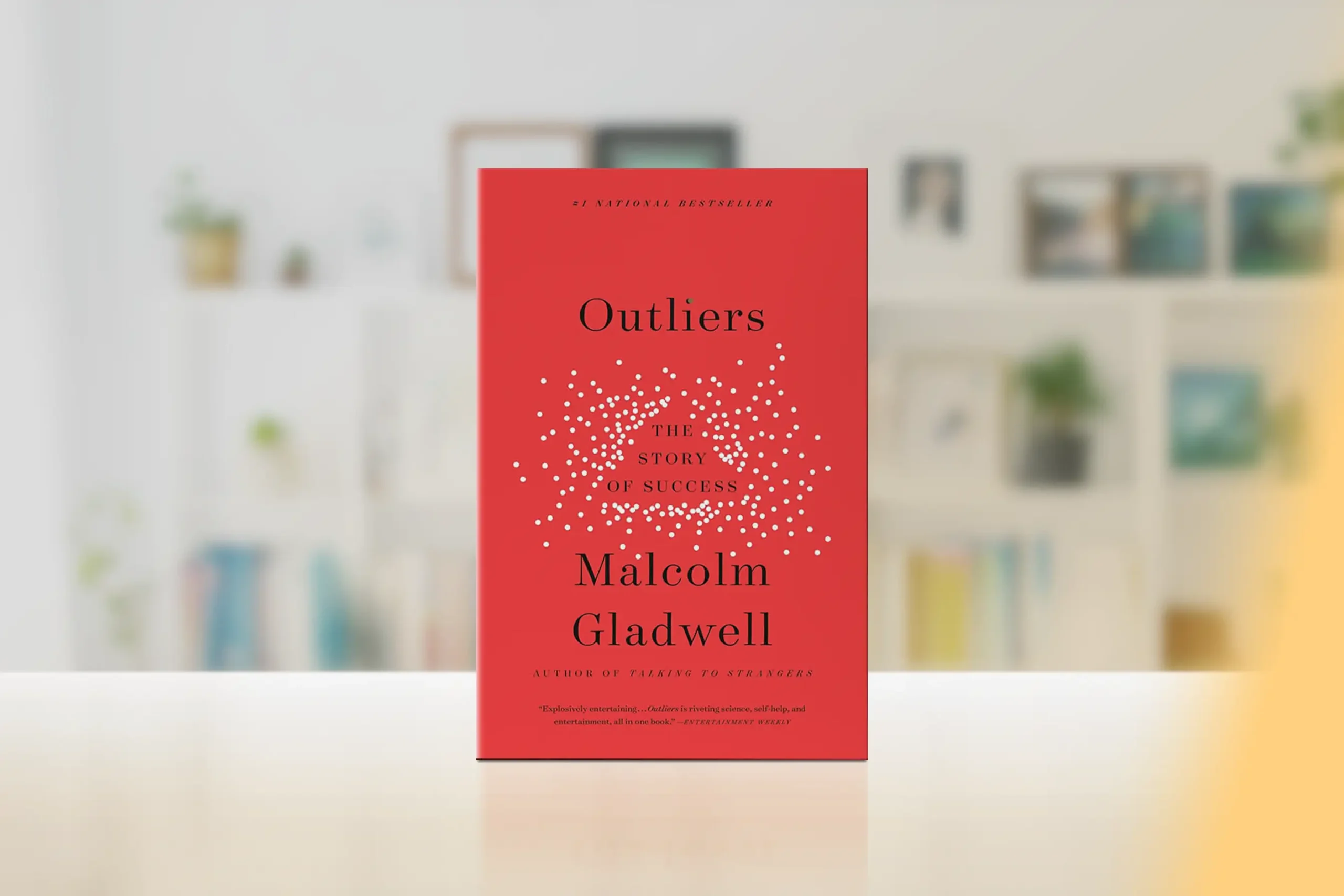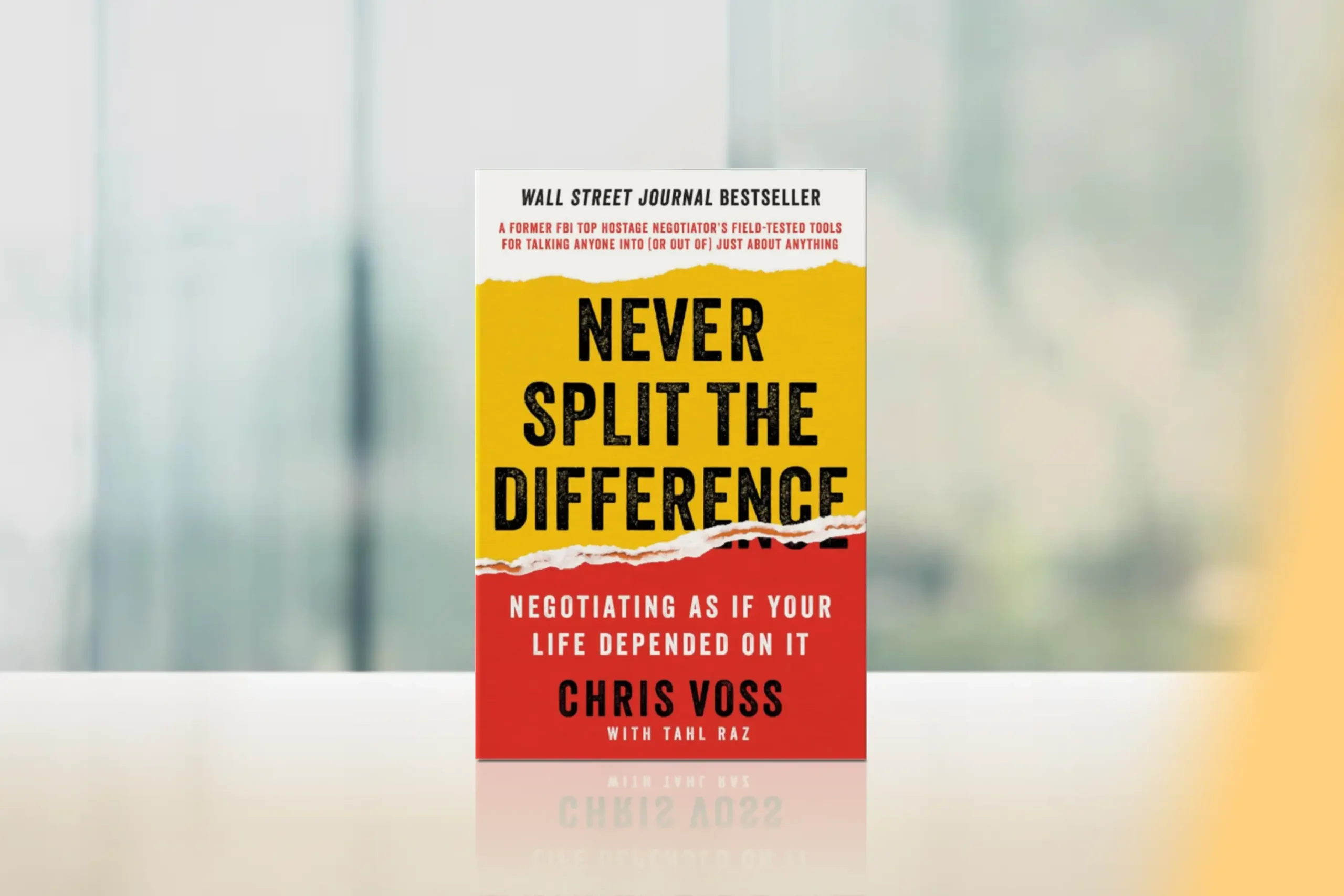In “Outliers: The Story of Success,” bestselling author Malcolm Gladwell challenges our conventional understanding of success. Published in 2008, this thought-provoking book explores the often-overlooked factors that contribute to high levels of achievement.
Gladwell argues that success is not merely a product of individual merit, but a complex interplay of opportunity, timing, culture, and even luck. Through a series of fascinating case studies and compelling research, he invites readers to reconsider their assumptions about talent and hard work. Whether you’re a business leader, educator, or simply curious about the nature of success, “Outliers” offers a fresh perspective that will transform how you view achievement in our society.
Core Concepts
Gladwell’s exploration of success revolves around several key ideas:
- The “10,000-Hour Rule” of mastery
- The importance of cultural legacy in shaping success
- The role of timing and generational advantages
- The impact of upbringing and family background
- The influence of societal structures on individual achievement
- The power of meaningful work and autonomy
Through these concepts, Gladwell challenges readers to look beyond individual merit and consider the broader context of success.
Chapter-by-Chapter Review
Chapter 1: The Matthew Effect
Gladwell introduces the concept of accumulated advantage, using Canadian hockey players as an example to show how small initial differences can lead to significant disparities in success.
Chapter 2: The 10,000-Hour Rule
This chapter explores the idea that mastery in any field requires approximately 10,000 hours of practice, using examples like The Beatles and Bill Gates to illustrate this principle.
Chapter 3: The Trouble with Geniuses, Part 1
Gladwell challenges the notion that high IQ guarantees success, examining the lives of individuals with exceptional intelligence who didn’t achieve expected levels of success.
Chapter 4: The Trouble with Geniuses, Part 2
Continuing the theme, this chapter looks at the importance of practical intelligence and social skills in achieving success, beyond just cognitive ability.
Chapter 5: The Three Lessons of Joe Flom
This section examines how cultural background and historical timing contributed to the success of Jewish lawyers in New York City.
Chapter 6: Harlan, Kentucky
Gladwell explores how cultural legacies can shape behavior and success across generations, using the example of family feuds in Kentucky.
Chapter 7: The Ethnic Theory of Plane Crashes
This chapter examines how cultural attitudes towards authority can impact performance in high-stakes situations like aviation.
Chapter 8: Rice Paddies and Math Tests
Gladwell discusses how cultural differences in work ethic, particularly in relation to rice farming, may explain disparities in mathematical achievement.
Chapter 9: Marita’s Bargain
The final chapter looks at how innovative educational approaches can help overcome socioeconomic disadvantages.
Key Strengths
- Offers a fresh, thought-provoking perspective on success
- Uses engaging storytelling to illustrate complex ideas
- Challenges readers to think beyond individual merit
- Provides insights applicable to various fields, from education to business
- Encourages a more nuanced understanding of achievement and opportunity
Potential Drawbacks
- Some readers may find Gladwell’s conclusions overly simplified
- The focus on external factors might seem to downplay individual effort
- Some examples and data may feel dated over time
Who This Book Is For
“Outliers” is an enlightening read for:
- Business leaders and entrepreneurs seeking to understand success factors
- Educators interested in leveling the playing field for students
- Parents looking to create advantageous environments for their children
- Anyone curious about the complex nature of success and achievement
Final Review
Malcolm Gladwell’s “Outliers” is a captivating journey through the often-overlooked factors that contribute to extraordinary success. By challenging our assumptions about individual merit and talent, Gladwell offers a more holistic view of achievement that considers cultural, historical, and circumstantial influences.
The book’s strength lies in Gladwell’s ability to weave compelling narratives with research findings, making complex sociological concepts accessible and engaging. His insights prompt readers to reconsider their understanding of success and the systems that promote it.
While some may argue that Gladwell oversimplifies complex issues, the overall message of “Outliers” is both eye-opening and empowering. It encourages us to look beyond individual characteristics and consider how we can create environments and opportunities that foster success for a broader range of people.
Rating: 4.6/5
This is an essential read for anyone seeking to understand the true nature of success and how we can create more equitable pathways to achievement in our society.
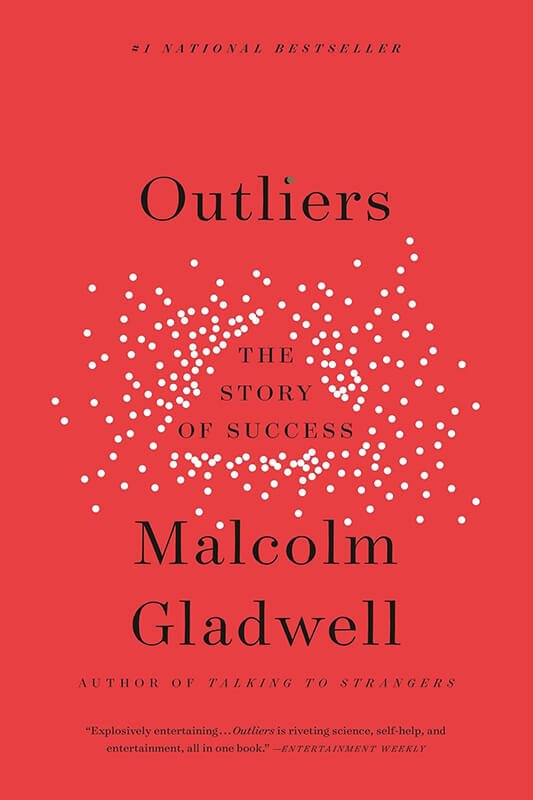
Alternative Books
If you are look for similar books to “Outliers,” that explore success and human potential, you may like these:
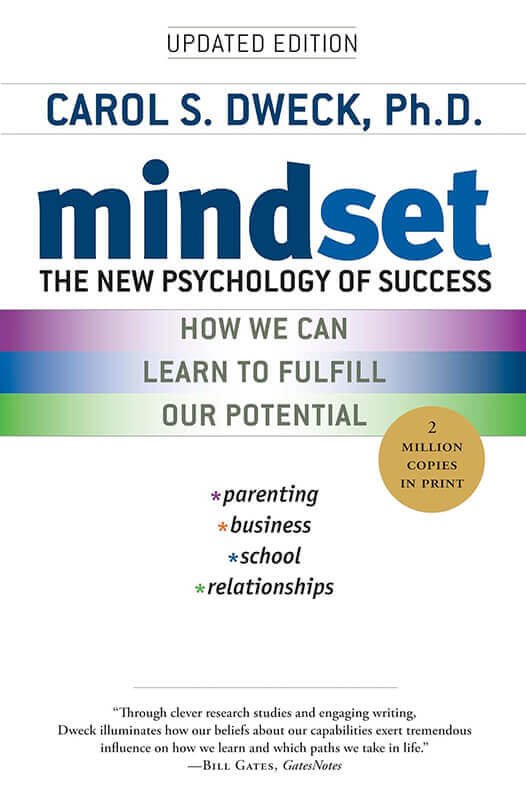
Mindset: The New Psychology of Success by Carol S. Dweck
An exploration of how our beliefs about our abilities can significantly impact our success.
Rating: 4.6/5
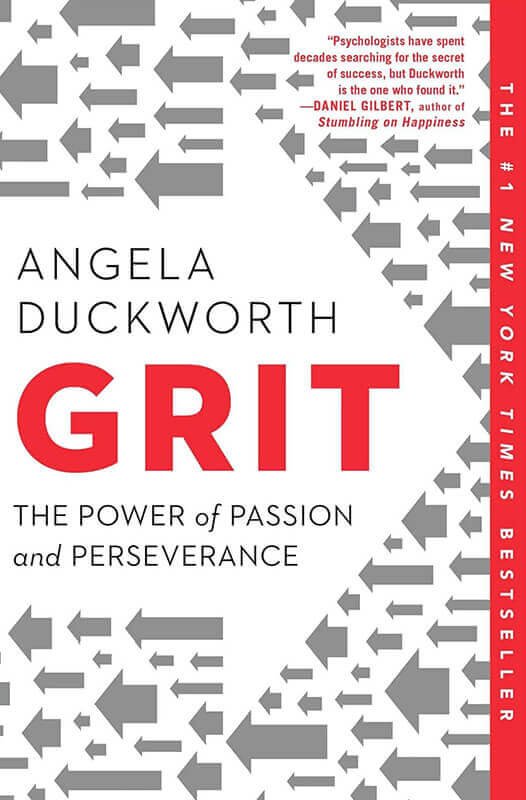
Grit: The Power of Passion and Perseverance by Angela Duckworth
An examination of how determination and resilience contribute to high achievement. Rating: 4.6/5
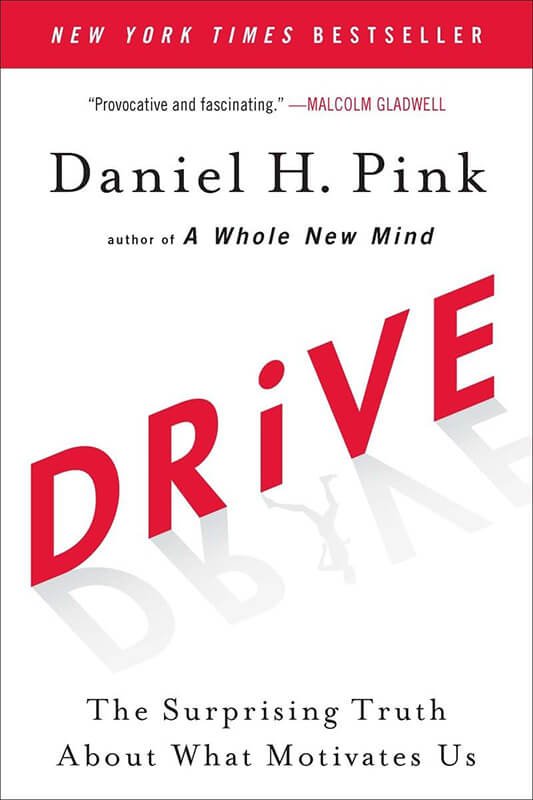
Drive: The Surprising Truth About What Motivates Us by Daniel H. Pink
An insightful look at what truly drives human motivation and how it impacts success.
Rating: 4.4/5

